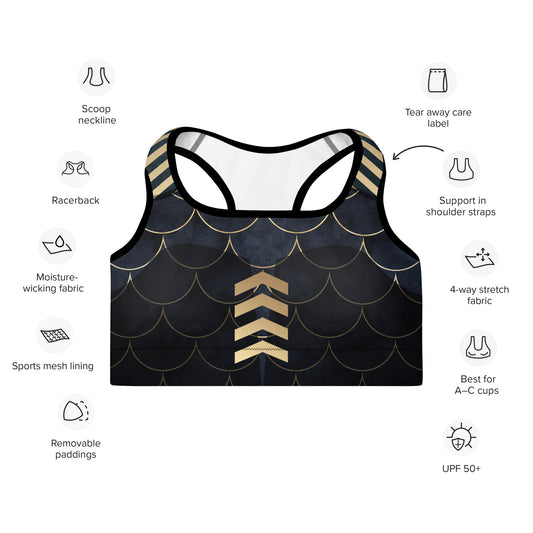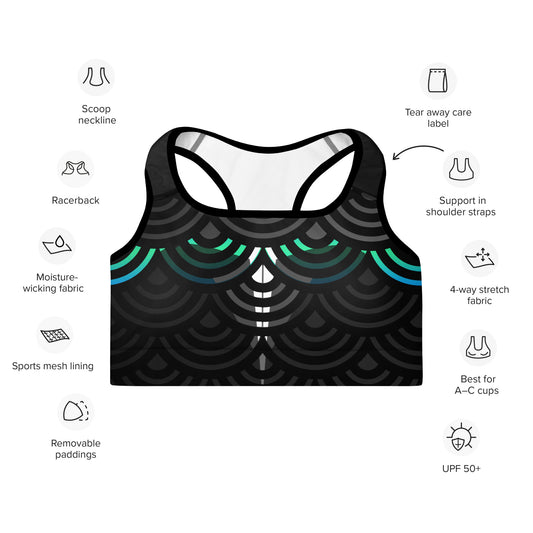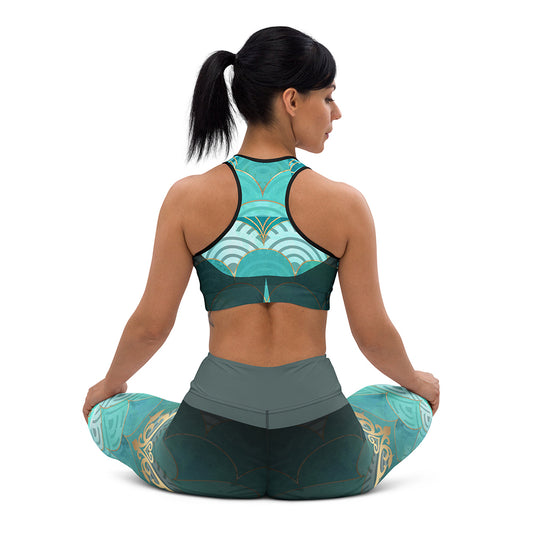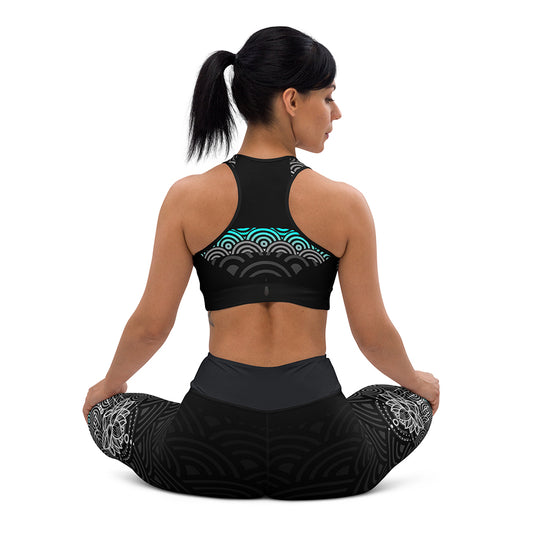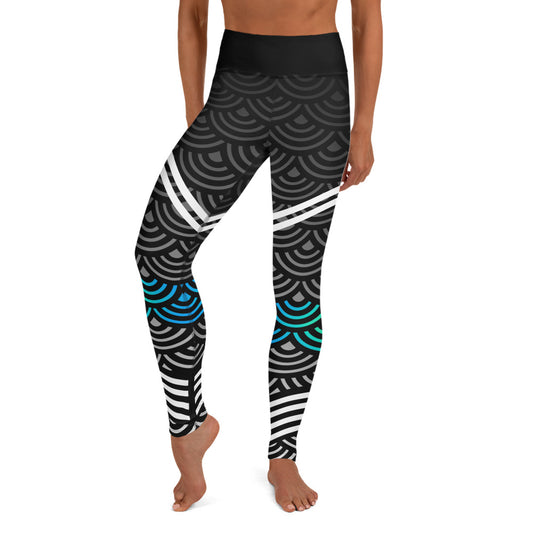Meet our Manufacturer Stanley Stella

Meet our Manufacturer Stanley Stella
The Stanley/Stella Charter, launched in 2022, is our guiding framework which represents what we stand for as a company in the garment industry. It articulates our commitment to addressing critical environmental, social, and governance (ESG) issues in our area of influence, and outlines the ten core principles that guide our behaviour and inspire the entire Stanley/Stella community to care about our planet and its people.
We select the most eco-friendly raw materials
Across our collections, we use GOTS certified organic cotton as well as GRS certified recycled cotton, GRS certified recycled polyester and GRS certified recycled nylon.
We collaborate with state-of-the-art factories
Our nine partner suppliers in Bangladesh and one in China are GOTS certified, and we have a local team handling our business in South Asia. We have been a member of Fair Wear Foundation (FWF) since 2012.
We choose partners for sustainable transport and storage
Opting for sea shipment minimises the carbon footprint of transporting our products to Europe, and we partner with GOTS certified warehouse providers to store our products.
We team up with a dedicated distribution network
Our network of Official Dealers share our vision and values, and we encourage and support them in achieving GOTS certification.
GOTS
The Global Organic Textile Standard (GOTS) is the leading worldwide standard for the production of organic fibres. Based on both ecological and social criteria, it is the most stringent certification for organic cotton.
It guarantees that cotton is organically grown without the use of genetically modified seeds or dangerous chemicals. It also ensures traceability from post-harvesting of the raw material to the final customer, including transaction certificates at every stage of production.
OCS
The Organic Content Standard (OCS) is a voluntary international standard that verifies the presence and amount of organic material in a final product. It tracks the flow of the raw material from the source to the final product.
This standard applies to Stanley/Stella products that have less than 70% organic cotton. Stanley/Stella is ‘PETA-Approved’, which means that we do not conduct or commission any animal tests on ingredients, formulations, or finished products and pledge never to do so. Our products are made from 100% vegan materials and 0% animal fibers, ensuring that no harm is caused to animals.
GRS
The Global Recycled Standard (GRS) is the world’s leading standard for recycled textiles. The standard applies to the full supply chain and addresses traceability, environmental principles, social requirements, chemical content, and labelling. All the recycled cotton materials, recycled polyester, and recycled nylon we use is GRS certified.
OEKO – TEX
Standard 100 by OEKO-TEX ® is one of the world’s best-known standards for the assessment of harmful substances in fabrics. Our certification confirms that Stanley/Stella products are processed without chemical substances that are harmful to human health and the environment. Standard 100 also prohibits certain potentially harmful substances even where these are not yet legally banned, and it guarantees that our products comply with the EU REACH regulation.
PETA
Stanley/Stella is ‘PETA-Approved’, which means that we do not conduct or commission any animal tests on ingredients, formulations, or finished products and pledge never to do so. Our products are made from 100% vegan materials and 0% animal fibres, ensuring that no harm is caused to animals.
Ethical Sourcing
We are proud to approach the environmental and social challenges our industry faces in a collaborative way. Through our memberships of Fair Wear Foundation and Textile Exchange, we aim to reinforce the positive impact we can have across our operations.
FAIR WEAR FOUNDATION
Fair Wear Foundation (FWF) is an independent organisation that works with apparel brands, garment workers and textile industry influencers to improve labour conditions in garment factories. FWF carries out audits in our partner factories on a regular basis, and establishes Corrective Action Plans (CAPs) where needed to ensure workers’ rights and safe, dignified, and properly paid employment. Stanley/Stella has been a member of FWF since 2012.
-
Fair Wear membership testimonial
-
Stanley/Stella Brand Performance Check
-
Stanley/Stella Social Report
Textile Exchange
Textile Exchange is a global non-profit organisation that works closely with its members to drive industry transformation in preferred fibres, integrity and standards, and responsible supply networks. Stanley/Stella participates in the annual Material Change Index Survey, which maps progress towards more sustainable sourcing at the raw material level.
CARBON FOOTPRINT
In 2022, we worked together with external partners to measure our carbon emissions across our supply chain.
We based our approach on the widely accepted GHG Protocol accounting standard along with the Bilan Carbone® method and calculated all the carbon emissions at each stage, from raw and recycled material production, manufacturing of the products, decoration by our Official Dealers, to product use and end of life.
For most of the stages we have been able to gather real data. For others, such as cotton farming and end-consumer use and end of life, we’ve used standard data from the Agency for Ecological Transition (ADEME) and other organisations.
The total CO2 emissions for 2021 amount to 90,300 tons, of which less than 1% are scope 1 and 2 emissions; the remaining 99% are scope 3 emissions.* Based on these findings, we will establish a detailed action plan to reduce and compensate our carbon emissions.
WATER
We treat water as the invaluable resource it is.
Across our entire supply chain, we aim to minimise the amount of water used and reduce its contamination. Just like for all agricultural production, water is a critical input for the successful cultivation of organic cotton. However, unlike for conventional cotton, water used in organic farming is not contaminated by harmful chemicals, thereby avoiding unwanted negative effects on soil and biodiversity.
Water is also used for dyeing and washing textiles, and inevitably generates water-based toxic waste. All our partner factories have on-site Effluent Treatment Plants (ETPs), in line with legal requirements, and have in-house specialists and testing facilities.* This ensures that wastewater can be treated and then released back into nature without harming the environment.
At some of our partner factories, the treated wastewater is also used for car washing and gardening.
The remaining solid waste is typically preserved for several months until it solidifies fully, and is then sent to contracted brick fields where it is used as fuel.
* To ensure the safety of the treated waste water, tests are done for pH, DO, BOD, COD and TDS both on-site and in government laboratories.
pH: pH is a scale used to specify the acidity or base-icity of an aqueous solution.
DO: Dissolved Oxygen (DO) is the amount of gaseous oxygen (O2) dissolved in water.
BOD: Biochemical Oxygen Demand (BOD) is the amount of oxygen consumed by bacteria while decomposing organic matter under aerobic conditions.
COD: Chemical Oxygen Demand (COD) is the amount of oxygen required for the chemical oxidation of total organic matter in water.
TDS: Total Dissolved Solids (TDS) represents the total concentration of dissolved substances in water. TDS is made up of inorganic salts, as well as a small amount of organic matter.
Mermaid Match Up or Mix Up Sports Bra
Choose your favourite style Sports Bra in the Mermaid Collection, now you have to decide to match it up or mix it up with the High Waisted Leggings
-
Mermaid Ebony Padded Sports Bra
Regular price $93.00 AUDRegular priceUnit price / per -
Mermaid Pearl Padded Sports Bra
Regular price $93.00 AUDRegular priceUnit price / per -
Mermaid Lightening Cloud Padded Sports Bra
Regular price $93.00 AUDRegular priceUnit price / per -
Mermaid Asia Padded Sports Bra
Regular price $93.00 AUDRegular priceUnit price / per -
Mermaid Cloud Padded Sports Bra
Regular price $93.00 AUDRegular priceUnit price / per
-
Mermaid Asia High Waisted Leggings
Regular price $85.00 AUDRegular priceUnit price / per -
Mermaid Ebony High Waisted Leggings
Regular price $85.00 AUDRegular priceUnit price / per -
Mermaid Cloud High Waisted Leggings
Regular price $85.00 AUDRegular priceUnit price / per -
Mermaid Storm High Waisted Leggings
Regular price $85.00 AUDRegular priceUnit price / per -
Mermaid Pearl High Waisted Leggings
Regular price $85.00 AUDRegular priceUnit price / per




